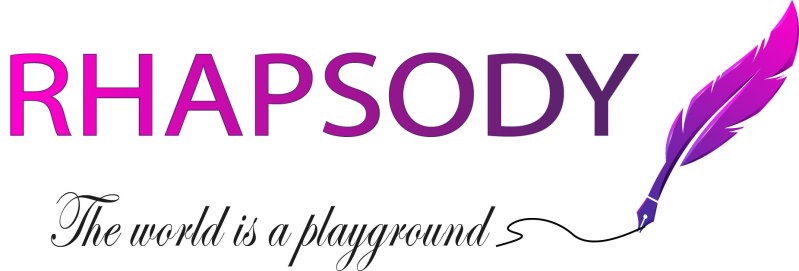As a recruiter, your presence at job fairs can significantly impact your talent acquisition efforts. These events provide a unique opportunity to connect with potential candidates, raise brand awareness, and expand your network. Let’s explore the common types of job fairs and how they can enhance your recruitment strategy.
Industry-specific job fairs focus on a particular field or sector. Attending these events allows you to engage with candidates who share a specific interest or expertise. Whether it’s technology, healthcare, finance, or any other industry, these fairs provide a targeted platform to showcase your organization’s opportunities. By participating, you can strengthen your employer brand among individuals passionate about a particular field.
College job fairs are excellent for identifying fresh talent. These events specifically target students and recent graduates. As a recruiter, you gain access to individuals studying in relevant fields — whether it’s engineering, business, or liberal arts. College job fairs are ideal for filling entry-level roles, internships, and co-op positions. Engaging with students early in their academic journey can lead to long-term talent pipelines.
Regardless of the type of job fair, face-to-face interactions remain invaluable. Engage in meaningful conversations with potential candidates. Share insights about your company culture, growth opportunities, and employee experiences. Authenticity matters — job seekers appreciate genuine connections. Use these initial meetings to assess mutual fit and save time in the later stages of the hiring process.
Many job fairs transitioned to virtual formats. Virtual job fairs offer flexibility and eliminate geographical constraints. Recruiters can pre-screen candidates via video conferencing, ensuring that interviews are scheduled only with qualified individuals. Embrace the hybrid approach — combine the benefits of both in-person and virtual interactions.
Your presence at job fairs contributes to your employer brand. Design eye-catching booths, distribute informative materials, and deliver engaging presentations. Showcase your company’s values, mission, and workplace culture. Remember, job seekers evaluate not only job roles but also the overall appeal of your organization. Make a lasting impression.
Encourage candidates to explore different fields and roles. Even if they don’t find an immediate match, exposure to various opportunities sparks curiosity. Consider hosting sessions that provide insights into different career paths within your organization. Job fairs are not just about recruitment; they’re about fostering curiosity and growth.
Job fairs are versatile tools for talent acquisition. Whether you’re shaking hands in person or engaging virtually, these events expand your network, attract potential hires, and contribute to your organization’s success. So, prepare your team, fine-tune your elevator pitch, and embrace the power of job fairs — it might just lead you to your next star employee.
Remember, every conversation at a job fair is an opportunity to shape your organization’s future. Make it count!
Credits: Featured Image from https://www.freepik.com


